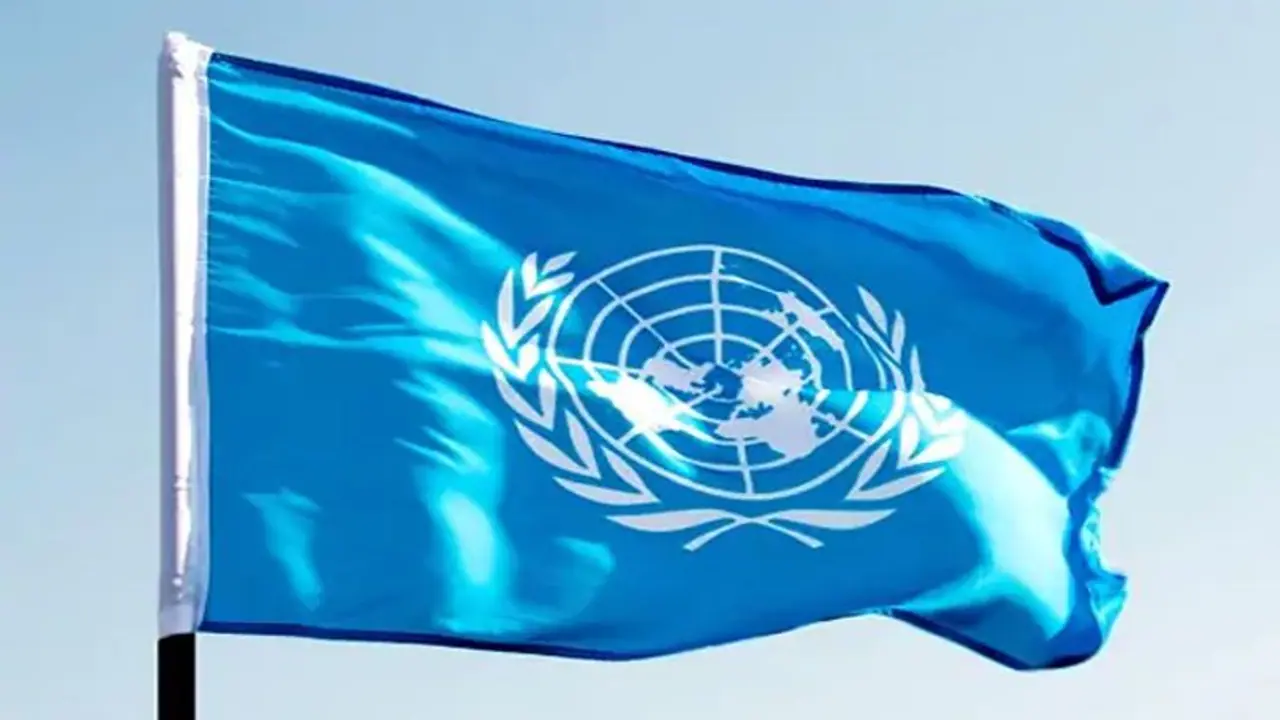Guterres welcomed the adoption of the resolution on COVID-19 and the Council's recognition of his efforts to respond to the crisis, in particular his appeal for a global ceasefire
Geneva: The UNSC has unanimously adopted its first COVID-19 resolution that demands “immediate cessation of hostilities” and explicitly states that it “does not apply” to terror groups, a vindication of India's position that terrorists do not respect ceasefires and such initiatives must be circumscribed by countries facing cross-border terrorism.

The United Nations Security Council (UNSC), the 15-member powerful organ of the global body, on Wednesday (July 1) unanimously adopted the first COVID-19-related resolution that backed UN Secretary-General Antonio Guterres' call for global ceasefires in the wake of the coronavirus pandemic.
The resolution, drafted by France and Tunisia, "demands a general and immediate cessation of hostilities in all situations on its agenda and supports the efforts undertaken by the Secretary-General and his Special Representatives and Special Envoys."
Significantly, it "affirms that this general and immediate cessation of hostilities and this humanitarian pause do not apply to military operations against the ISIS, al-Qaeda and Al-Nusra Front (ANF), and all other individuals, groups, undertakings and entities associated with al-Qaeda or ISIS, and other terrorist groups, which have been designated by the Security Council."
Sources told PTI that this particular paragraph of the resolution "vindicates" what India has been saying all along.
The sources said that one can have a global ceasefire but "you cannot ignore the fact" that India is subject to cross-border terrorism. This is exactly why there cannot be a ceasefire against terrorism — the terrorists do not respect ceasefires, they said.
For the resolution to affirm very clearly that the general and immediate cessation of hostilities do not apply to the terror groups is a clear reflection of the recognition of what India has been saying all along on this, they said.
The sources said that this vindicates the position which India has always held that there cannot be a blanket ceasefire and a global ceasefire must be circumscribed by countries like India which are facing and fighting cross-border terrorism.
India has consistently said that terrorism has emerged as the most serious scourge of the current times and endangers international peace, security and prosperity, and has condemned cross-border terrorism.
In February during President Donald Trump's state visit to India, Prime Minister Narendra Modi and Trump in a joint statement "denounced any use of terrorist proxies and strongly condemned cross-border terrorism in all its forms."
In the joint statement, the two leaders called on Pakistan to ensure that no territory under its control is used to launch terrorist attacks, and to expeditiously bring to justice the perpetrators of such attacks, including the 26/11 Mumbai and Pathankot attacks.
They called for a concerted action against all terrorist groups, including al-Qaeda, ISIS, Jaish-e-Mohammad (JeM), Lashkar-e-Taiba (LeT), Hizbul Mujahideen, the Haqqani Network, Tehrik-e-Taliban, D-Company and all their affiliates.
Several of Pakistan-based terror groups, such as LeT and JeM, proscribed by the Security Council's Al Qaeda Sanctions Committee, have carried out dastardly terror attacks in India and are associated with other terror outfits such as al-Qaeda.
The UNSC resolution calls upon all the parties to armed conflicts to engage immediately in a durable humanitarian pause for at least 90 consecutive days in order to enable the safe, unhindered and sustained delivery of humanitarian assistance.
It also calls for enabling provisions of related services by impartial humanitarian actors "in accordance with the humanitarian principles of humanity, neutrality, impartiality and independence, and medical evacuations and in accordance with international law, including international humanitarian law and refugee law as applicable."
Guterres welcomed the adoption of the resolution on COVID-19 and the Council's recognition of his efforts to respond to the crisis, in particular his appeal for a global ceasefire.
The secretary general's appeal for a global ceasefire has been endorsed by nearly 180 countries, more than 20 armed groups, as well as religious leaders and millions of members of civil society.
"The adoption of this resolution will send an important signal to conflict parties and may help change calculations on the ground," a statement issued by his spokesperson said.
The secretary-general continues to urge individual member states to redouble their efforts for peace in the conflicts in which they have influence, it added.
"He looks forward to working with all stakeholders to advance efforts towards concrete ceasefires and durable peace," the statement added.
According to Johns Hopkins Coronavirus Resource Center, the contagion has infected over 10 million people and killed more than 516,000 across the world.
The US is the worst affected country with over 2.6 million cases and more than 1,28,000 deaths.
The COVID-19, which originated in China's Wuhan city in December last year, has also battered the world economy with the International Monetary Fund saying that the global economy is bound to suffer a "severe recession".
Scientists are racing against time to find a vaccine or medicine for its treatment.
(With inputs from PTI)
